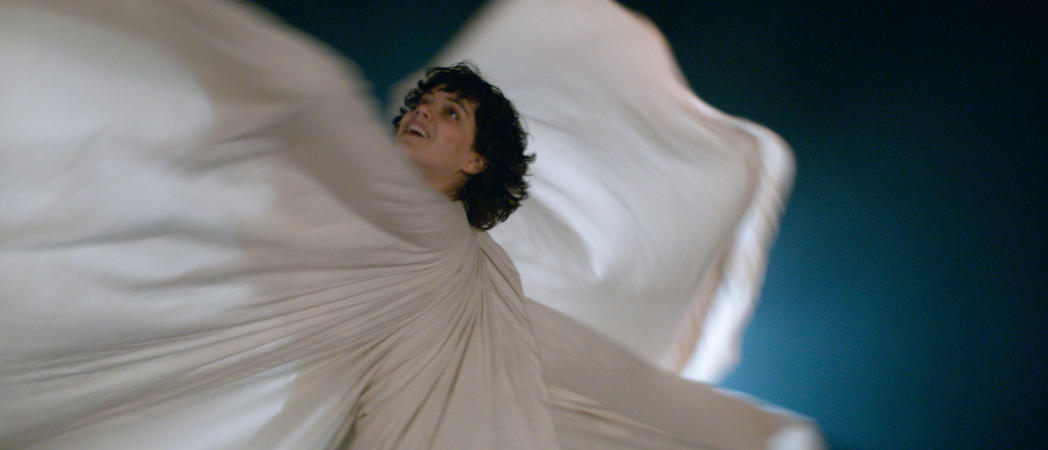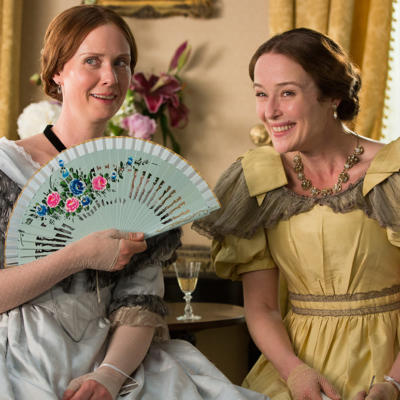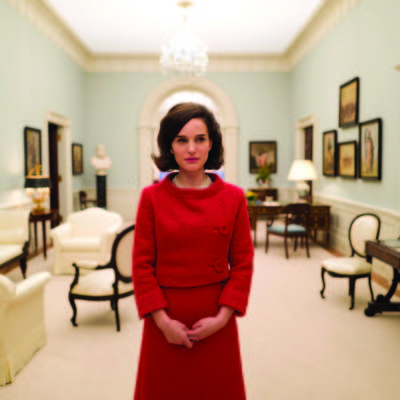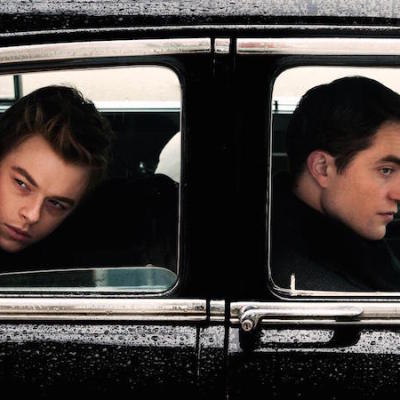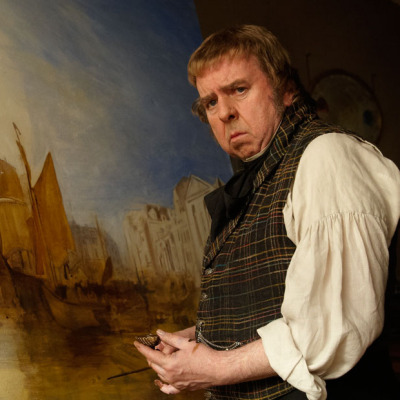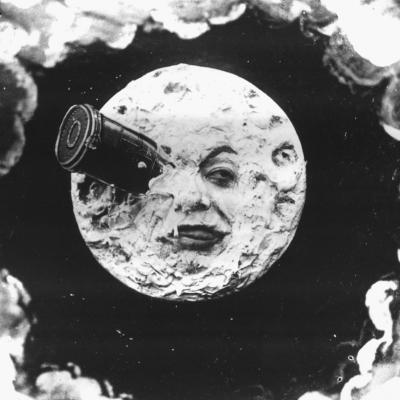If I were to list the names of famous dancers in the last few centuries, I could probably only name the likes of Isadora Duncan, Mikhail Baryshnikov and Anna Pavlova. Meanwhile, the name Loie Fuller had never even reached my ears, nor did I know what an impact she had made in the world of art, and later on even to the world of science. This, I think, is the beauty of a biopic: it brings these wonderful personalities to your attention, giving them the spotlight they deserved even far after their time.
But like any other biopic, La Danseuse (The Dancer) is a dramatised picture of the life of an aspiring young artist in her journey to create a never-seen-before opus, with a storyline that follows some of the most tiring formulae in film, repeated over and over again.
Beginning as a tragic heroine dealing with the loss of her father and a manic, overtly-religious mother, Marie-Louis Fuller (French singer/actress Soko) started out small in realising her dream to become an entertainer. A distressing beginning would later inspire her to create her own form of art, and it would be her persistence and willpower that would led her victorious through a road full of doubt and betrayal, even through challenging one’s very own limitation.
A story of underdogs is in no shortage in the movie world as a whole, yet there are still certain charms to the story, and for me, it comes from the characters surrounding Loie as a main character: Louis (Gaspard Ulliel), the dapper, womanising gentleman, who, despite his initial portrayal, has earned most of my sympathy; and Gabrielle (Mélanie Thierry), the long-suffering mother-like figure who held a great belief in Loie’s potential despite various rebuffs, and who stood by her even in her darkest moments.
Even the character of Isadora Duncan captivates, despite being portrayed here as a simple, adoring fan who would turned out to be the biggest snake of them all. Lily-Rose Depp portrays with an elegant, yet bold performance the trickery behind her honeyed words.
While the story is rather lukewarm for me, huge enjoyment comes from the pure aesthetic of it. The beautiful colour compositions and costume designs throughout the film made me wish I could rewind and pause certain scenes just to admire them, enjoying them just for the picturesque sight they make. It may just be my predilection for period drama, but credit is due when its due, and La Danseuse, like Loie’s increasingly ambitious stages, has executed it beautifully.
Yet nothing disappoints more than a poorly filmed climax. While there has been some poor editing choices that can be easily dismissed, it is something else when you watch the very peak of the story, expecting a tremendously gorgeous display only to be faced by a disappointing, out-of-focus cuts that barely do justice to all of the build-up to that very scene. Unless the entire final dance scene was a clever allegory to the state of Loie’s condition during the performance - broken, dispirited, and less than optimal - in which case, that was perfectly made.
Overall, however, La Danseuse is a rather enjoyable experience. There’s still room for improvement in terms of technicality, but one could not shrug off some of the accomplishments. The classic story of hard work and determination winning against the obstacles in achieving your dream would always be touching to a lot of people, and the demographic of history and dance enthusiast would no doubt find great enjoyment in this film.
The Dancer opens in Australian cinemas on Thursday September 28th.
